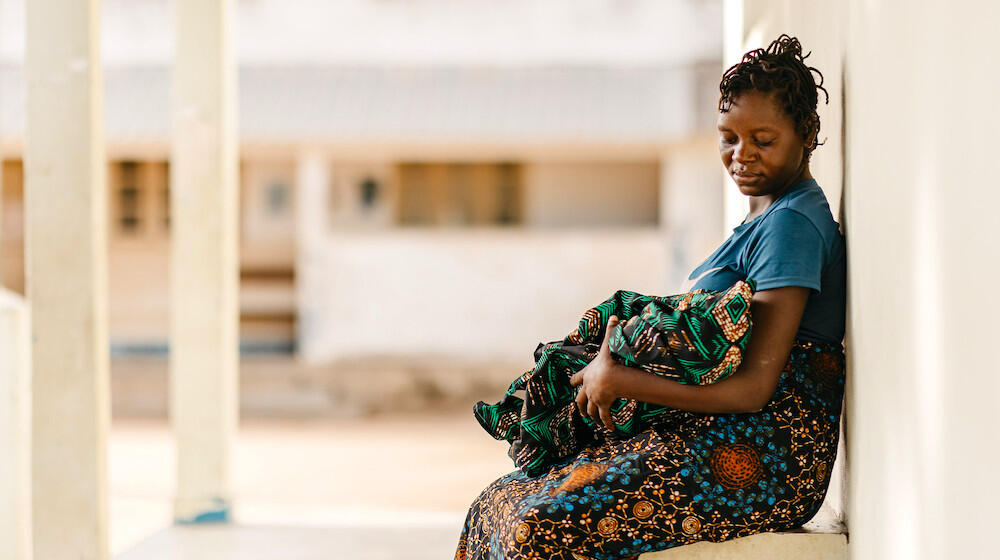Statement by UNFPA Executive Director Dr. Natalia Kanem on the International Day for People of African Descent 2023
Women of African descent are part of an extraordinary legacy. They have led movements to end enslavement and uphold fundamental rights for themselves, and for their families and communities.
Afrodescendent women have never given up the quest for equality, justice and recognition. They are tireless advocates because they live the reality of intersecting forms of discrimination. In demanding their inalienable rights, they are contributing to more just and inclusive societies.
The International Day for People of African Descent is a moment to recognize their contributions to the world and renew the call to promote and protect the human rights of people descended from African victims of enslavement.
It is also a moment to examine how systemic racism, sexism and other factors continue to undermine the agency of women of African descent, and push them into greater poverty and towards poorer health outcomes.
New data from UNFPA reveals Afro-descendent women and girls across the Americas experience systemic denials of quality care, mistreatment and abuse at the hands of the health sector, which leads to deadly impacts. In the United States, women and girls of African descent are three times more likely to die during or shortly after childbirth than non-Afrodescendants; in Suriname they are 2.5 times more likely; and 1.6 times more likely in Brazil and Colombia.
These deaths are mostly preventable. We can end the racism and sexism that drive the patterns of abuse and neglect that take so many lives. We can eradicate the deeply rooted discrimination still embedded in medical curricula and health-service delivery, and in policy choices that short-change funds, staff and equipment for communities of African descent everywhere.
To overcome these barriers, we need disaggregated data. Most countries track maternal death rates; only a few can show how rates vary across different races. In the Americas, for example, only 11 of 35 countries collect statistics on maternal mortality by race.
One pioneering community-based midwifery programme in Colombia, Partera Vital, cut maternal deaths to zero by seeking to understand and respond to needs in an area with Afro-Colombian and indigenous populations. By supporting services that meet the needs and preferences expressed by women and girls, we can achieve powerful results.
UNFPA plays a leading global role in improving health care and achieving justice and development for people of African descent, especially women and girls. We are accelerating improvements in data so countries can take urgent corrective actions. There is a lot of work ahead of us, but we will never give up.
We will continue to work with partners to lift up marginalized communities and to end racism and discrimination in every form, so that one day the sun will rise over a world of rights and choices for people of African descent, and for all.



